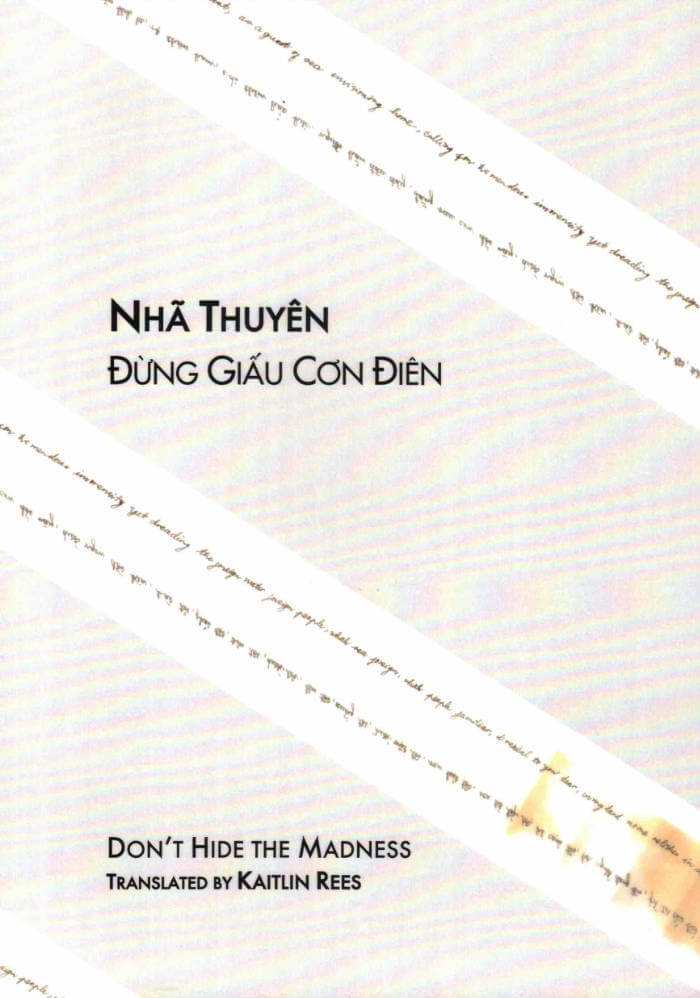
đừng giấu cơn điên / don’t hide the madness
Nhã Thuyên, Kaitlin Rees trans.
Nhã Thuyên’s đừng giấu cơn điên / don’t hide the madness contains eight poems excerpted from the forthcoming book vị nước (taste of water). To read this work is to be wrenched out of oneself and into the opening and closing world of language: a world in equal parts vegetal, liquid, human, stone, at once bordered river and open sea, enclosed maze and open field; a labyrinth, but a labyrinth of the utmost clarity; a rising or collapsing building made of words that’s not a ‘dwelling’ so much as a refusal to dwell, which is its loneliness and bereftness and consolation and strength, all at once. “Steps here pulled forth by some line of poetry out of time”, such work “fabricate[s] a bed out of sea, build[s] a house out of tremendous immensity”. It’s the result of a lifelong investigation of the Vietnamese language, deep, joyous, scrupulous and sometimes painful; of a lifelong investigation of the whole deep field of history and time as it’s lived deep within the person and in the field beyond the personal that poetic language affords us. This is a realm, not of simple freedom, but of the struggle for the fullest record and the fullest measure towards which a poet can strive. Don’t hide the madness. Don’t be at peace. [D.G.]
NHÃ THUYÊN secludedly anchors herself to Hà Nội, Việt Nam and totters between languages. She has authored several books in Vietnamese and/or in English translations, including viết (writing) (2008), rìa vực (edge of the abyss) (2011), từ thở, những người lạ (words breathe, creatures of elsewhere) (2015), and bất\ \tuẫn: những hiện diện [tự-] vắng trong thơ Việt (un\ \martyred: [self-] vanishing presences in Vietnamese poetry) (2019). Her next book of poetry vị nước (taste of water) is waiting to see the moon. She has been unearthing her notebooks and rubbing her words in Berlin as a 2023 DAAD Artists-in-Berlin fellow, and learning to quietly speak up with care.
KAITLIN REES is a translator, editor, and public school teacher based in New York City. She translates from the Vietnamese of Nhã Thuyên, with whom she co-founded AJAR, the small bilingual journal-press that organizes an occasional poetry festival. Her translations include moon fevers (Tilted Axis, 2019), words breathe, creatures of elsewhere (Vagabond Press, 2016), and the forthcoming book of poetry taste of water.
Published in 2024 ┊ 60 pages ┊ Language: English, Vietnamese
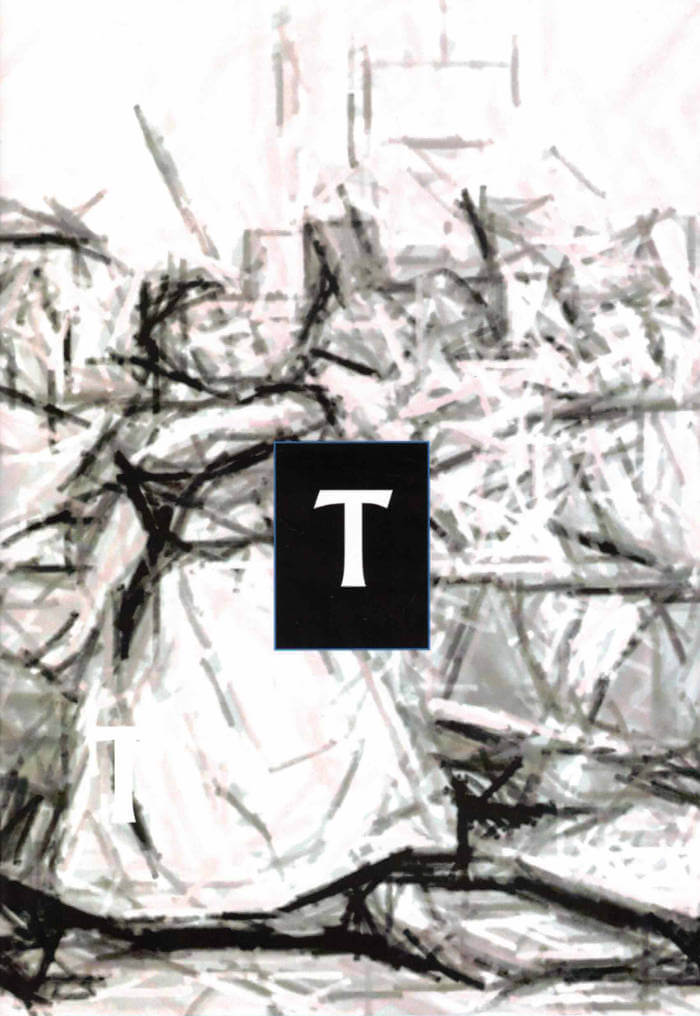

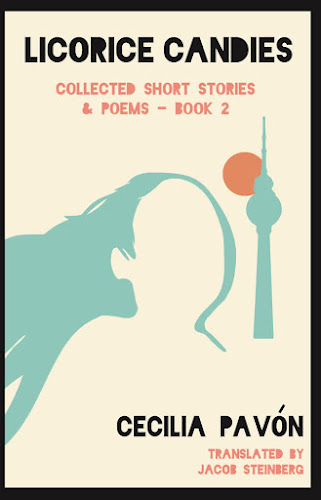
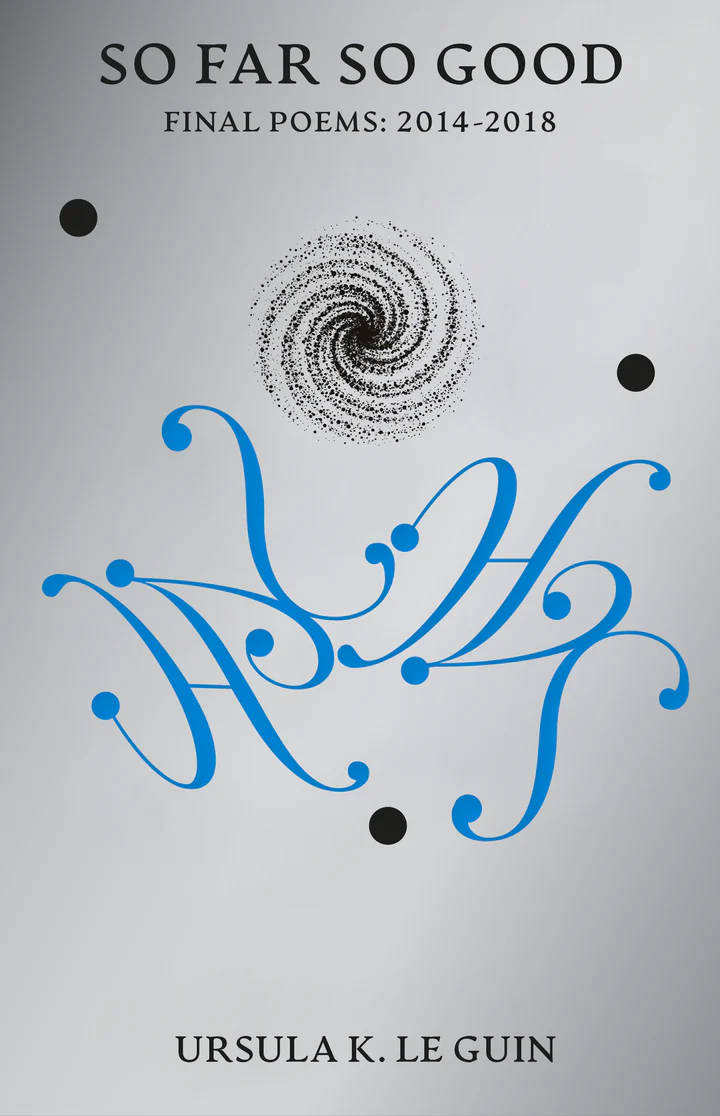
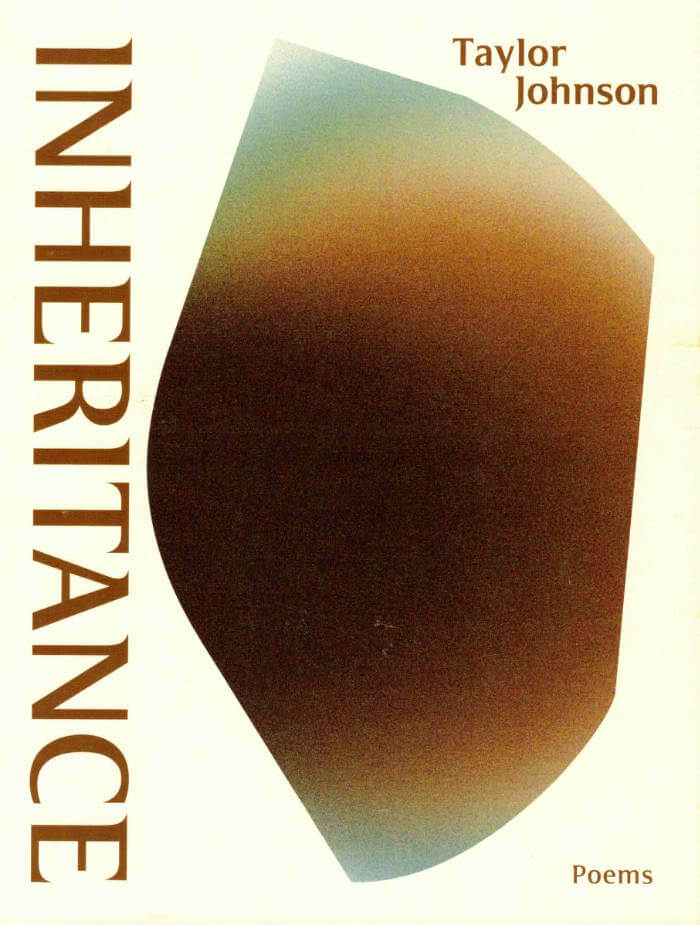

![Cover of [...]: Poems](https://rile.space/storage/3222/01JRFE9N8ZCVXTMHJAS60D283M.jpg)